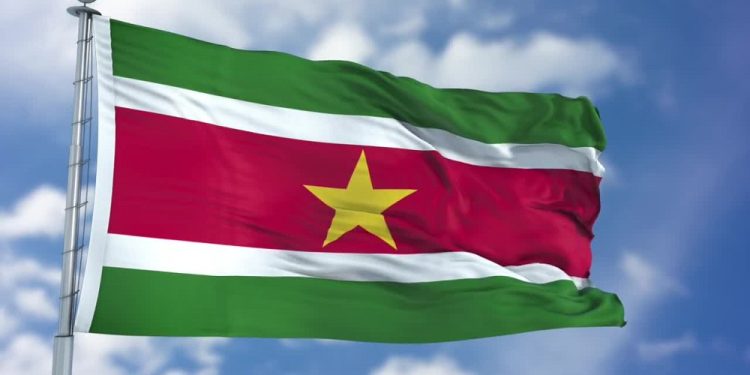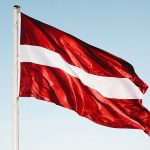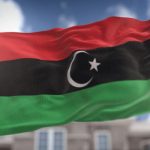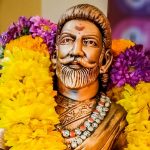
Day Of The Maroons
Day of the Maroons is a public holiday observed annually in Suriname on October 10th. This holiday commemorates the heritage of the Maroon people and recognizes their contributions to the country. Maroons were Africans and their descendants in the Americas who formed communities outside of slavery.
Many of them had escaped from slavery, but some were born free in their own communities and now call Suriname home. They are called Maroons because many were intentionally marooned and/or abandoned on deserted islands or coastlines.
The History of Day of the Maroons
Maroons are primarily Africans and the descendants of Africans who escaped slavery to form their own communities, although some Maroons are born free in their communities. Many of these people were dumped on coastlines or on islands, which is why they are named Maroons.
The Dutch colonized Suriname in the 17th century and systematically began establishing plantations. Plantations dedicated to sugar, coffee, cotton, or cocoa exported most of their products to Holland. Over 13,000 African slaves were brought to Suriname to be used as free labor for these plantations. Some of these slaves managed to escape into the jungle, and over time, these escaped slaves began to form their own communities.
On October 10, 1760, the Maroons signed a peace treaty with the Dutch colonial authorities, who then recognized them as free people. Nowadays, the Maroon community constitutes about 20% of the country’s population. That is why, in 2011, the Day of the Maroons was established on the anniversary of that original peace treaty.
Observing Day of the Maroons
On this holiday, the Maroon community organizes carnivals, festivals, and other events to celebrate their unique culture. It is traditional to serve foods such as peanut soup, turtle, and other Maroon delicacies on this holiday.








